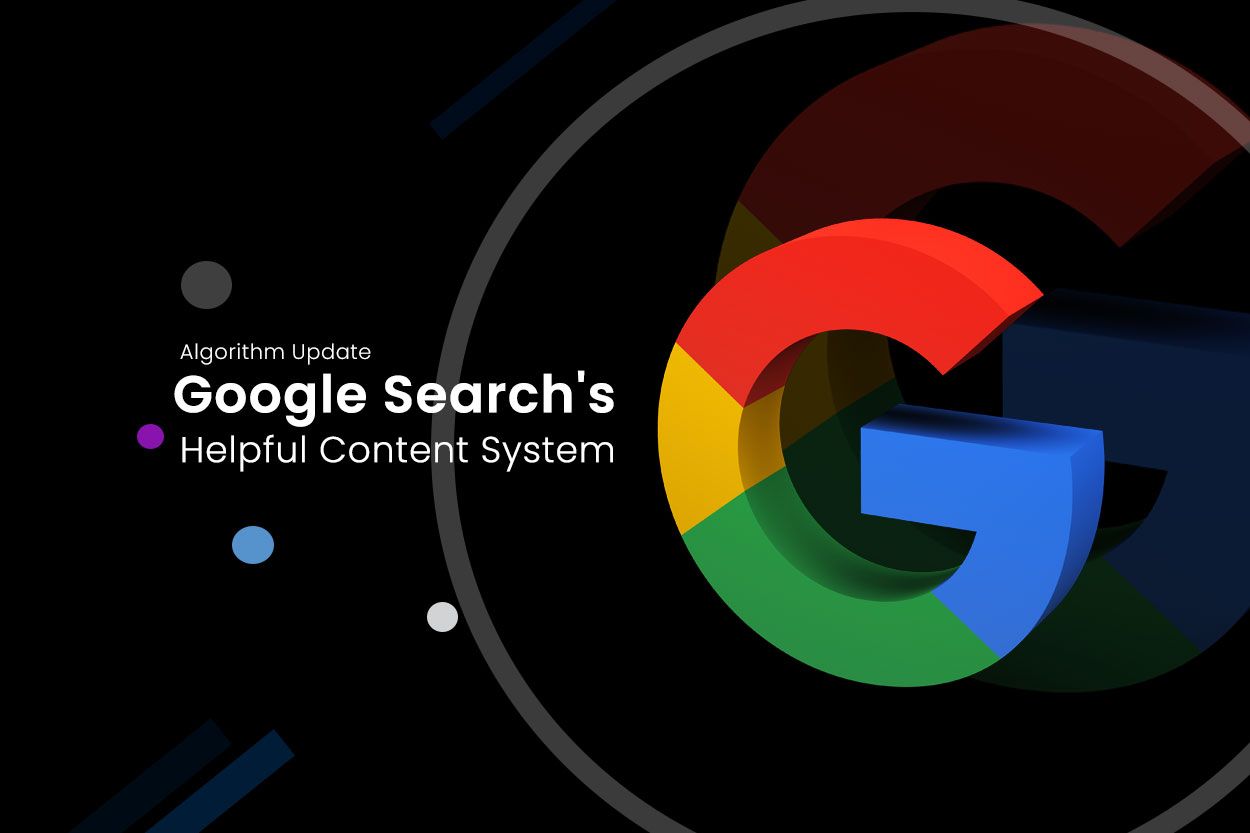


In September 2023, Google launched the Google Search helpful content system, which means that an automated ranking system uses the good content system on Google Search to ensure users get original and helpful content created for users. Previously, in December 2022, Google provided guidelines on content quality with the term E-A-T, namely expertise, authoritativeness, and trustworthiness.
The previous article explained E-A-T and guidelines that can be used as a basic SEO reference for website optimization so that the website can work well in Google search and answer questions from visitors or users.
The latest update of Google's algorithm called the helpful content system, rewards article writers who have good quality, and visitors feel they are getting a satisfying experience, while content that only meets visitor expectations will perform well.
The system automatically identifies low-quality, low-value-added, or spammy content that doesn't help people. These identifications generate signals considered among many others for use in Google Search (including Discover).
Unhelpful content written by AI (artificial intelligence) technology will impact other website content or the main site; removing content with low added value can help your other content rank.
This latest system works automatically using machine learning models evaluated to provide one of Google's signals to rank content.
This shows that people-first content on a site classified as low value-added content still has a chance to rank well if other signals identify that the people-first content is valuable and relevant to the query. These signals are also weighted; websites with much non-beneficial content are likely to have a stronger effect.
The question arises: what about third-party content I have already posted on my main site? If you republish third-party content on your main website or subdomain, please understand that it can be one of the signals the entire site generates in the identification process by the helpful content system, such as content usability.
For this reason, if the content is not relevant to the purpose of the main site, it is recommended that the content be blocked from being indexed by Google in 2 ways, namely noindex or meta tags on the page by writing the following command:
1. Noindex Tag
<head>
<meta name="robots" content="**noindex, nofollow**" />
</head>
2. Tag Meta
<head>
<meta name="robots" content="**noindex**">
</head>
Then what happens if the contents are created with expert monitoring and are helpful? If you make valuable content, you don't have to do anything, and the system is sound and designed to reward helpful content.
Suppose you see a drastic change in your website or web page traffic regarding this system (e.g., after a ranking update that is publicly posted to the system). In that case, your content needs to be improved or removed the content.
Such questions often arise when Google announces its algorithm updates for search results. Websites or content identified by the system based on documentation from Google will get a signal for several months. The system will continue to classify and monitor newly launched and existing sites.
When the system identifies that the non-helpful content has not been returned for a long time, the classification will no longer apply or vice versa when the update is completed. If the enhanced classifier sees that the content has been improved, the previous classifier's non-beneficial classification may no longer apply.
Conclusion:
From the above explanation, we can summarize that for the site or content to avoid Google Search's helpful content system, it is necessary to pay attention to the following things: